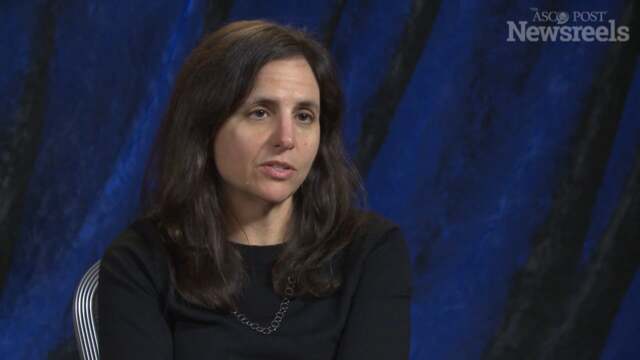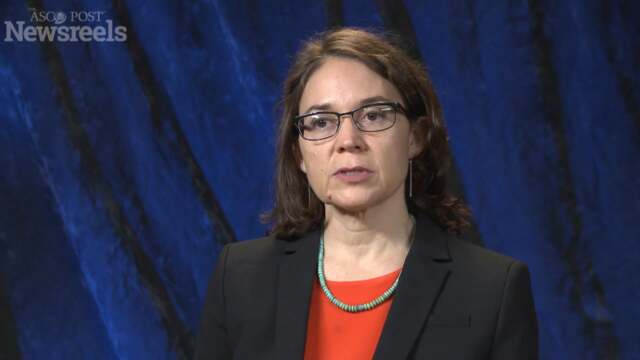Stephen T. Sonis, DMD, DMSc, on Radiotherapy-Induced Oral Complications
2016 Palliative Care in Oncology Symposium
Stephen T. Sonis, DMD, DMSc, of Dana-Farber Cancer Institute, discusses the epidemiology, pathogenesis, and scope of oral complications of radiation therapy.
Scott A. Irwin, MD, PhD, of Cedars-Sinai’s Samuel Oschin Comprehensive Cancer Institute, discusses delirium—its definition, prevalence, consequences, assessment, and management.
Randy L. Wei, MD, PhD, of the University of California, Irvine, discusses findings from a survey that focused on ASTRO members who assessed their ability to deliver palliative and supportive care, and their access to continuing medical education on the topic (Abstract 105).
Joseph A. Greer, PhD, of Massachusetts General Hospital, discusses the development of a mobile application to address treatment adherence and symptoms (Abstract 104).
Jennifer S. Temel, MD, of Massachusetts General Hospital, discusses increasing prognostic uncertainty in light of targeted treatments and immunotherapies, and the difficulty predicting who will benefit.
Emily Haozous, PhD, RN, of the University of New Mexico, discusses health disparities and cultural differences in palliative and end-of-life care, with case study examples drawn from American Indian communities.





